Councillors have given the go ahead to ban overnight camper van parking in Sutherland’s council car parks.
Overnight travellers staying at two Highland Council car parks in Sutherland could face new restrictions or even fines.
Sutherland councillors blamed “anti-social behaviour” and “inappropriate waste disposal” as reasons for proposing a ban.
Council officers raised concerns the ban may have “unintended” consequences and could cost over £40,000 to enforce.
However, councillors voted unanimously for the ban and now goes to a meeting of all Highland councillors for final approval.
Which car parks is the ban targeting?
There are two Highland Council car parks in Sutherland which can currently host camper vans for overnight stays at a cost of £10 a night.
These are in Durness and Golspie, and both lie on the well-known NC500 route.
Overnight visitors are only allowed to park for one night and then cannot return for 72 hours.
Restrictions bring Sutherland in line with others
Sutherland Councillor Michael Baird said car parks in other parts of the Highlands already have overnight camper van restrictions in place.
He said: “This is basically what we are seeking for those car parks here in Sutherland.
“There have been occasions when the whole car park has 10 to 12 camper vans piled in and there has been abusive carrying-on.
“It’s been noisy, there’s been litter left and there has been waste dumped.
“It’s just really not been acceptable these types of vehicles should be interfering with these car parks in a residential area.”
Camper vans to be directed to local-run caravan parks
Councillors who voted in favour of the ban today said they were looking for alternative options for overnight travellers.
The two council car parks in Sutherland currently open for overnight stays have no proper facilities.
Councillor Michael Baird said: “If there are businesses there that are dedicated camper van parks and they’ve got all the facilities… why not be channelled there?”
“We shouldn’t be feeling that the council is taking money away from a private business, he adds. We want to promote the local businesses.”
Local campsites have raised concerns over previous council parking measures which they argued diverted customers away from their campsites.
This includes overnight stays in council car parks but also the addition of a seven day parking and facilities permit costing £40.
How much will it cost?
The proposed ban, brought forward by two of Ward 4’s councillors Richard Gale and Jim McGillivray, could cost up to £41k.
This is to cover the costs of enforcement officers to make regular visits to the car parks.
Council officers have estimated this could be as low as £4k to cover overtime for current staff, or up to £41k if a new member of staff is required.
Further changes to signs and markings, indicating overnight visitors are no longer welcome in the car parks, would cost an additional £1k.
Council officers say ban could have ‘unintended’ consequences
Officers stated originally car parking customers could choose to park elsewhere or wild camp which may affect other rural areas.
They added the “displaced motorhomes” choosing to wild camp could have an “adverse impact” on biodiversity in the region.
However, officers admit that if the ban did reduce anti-social behaviour and waste in the region this would benefit the local rural community.
Proposals will now pass on to council officers with a further vote by other Highland councillors required before it is approved.
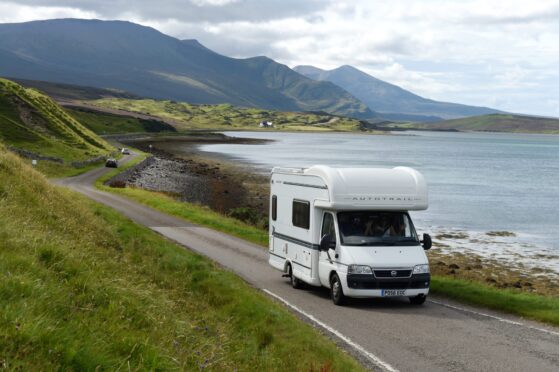
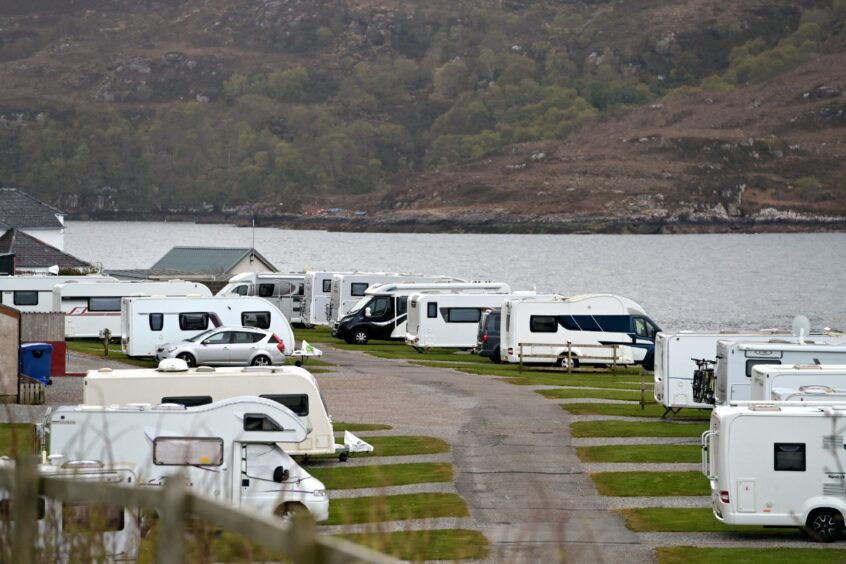
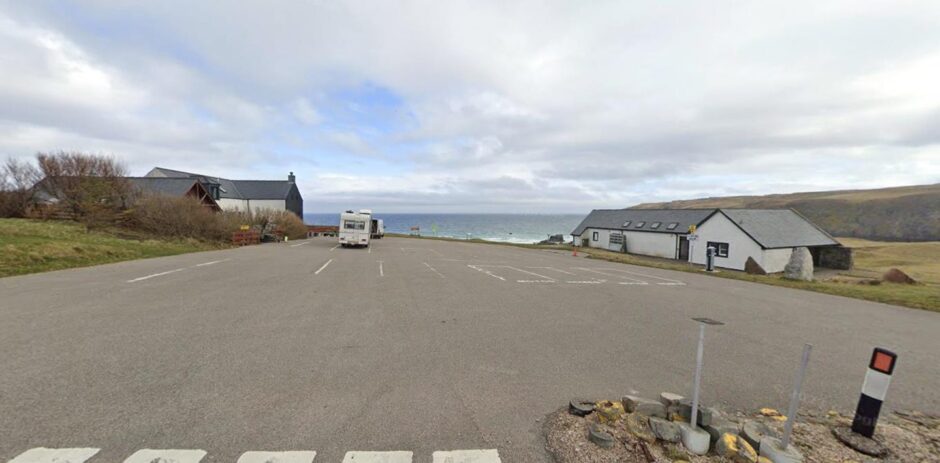
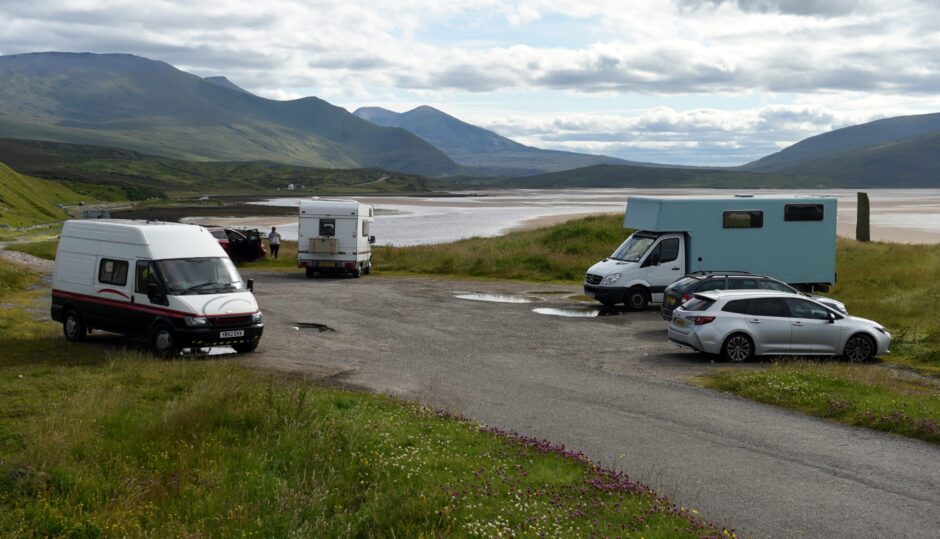
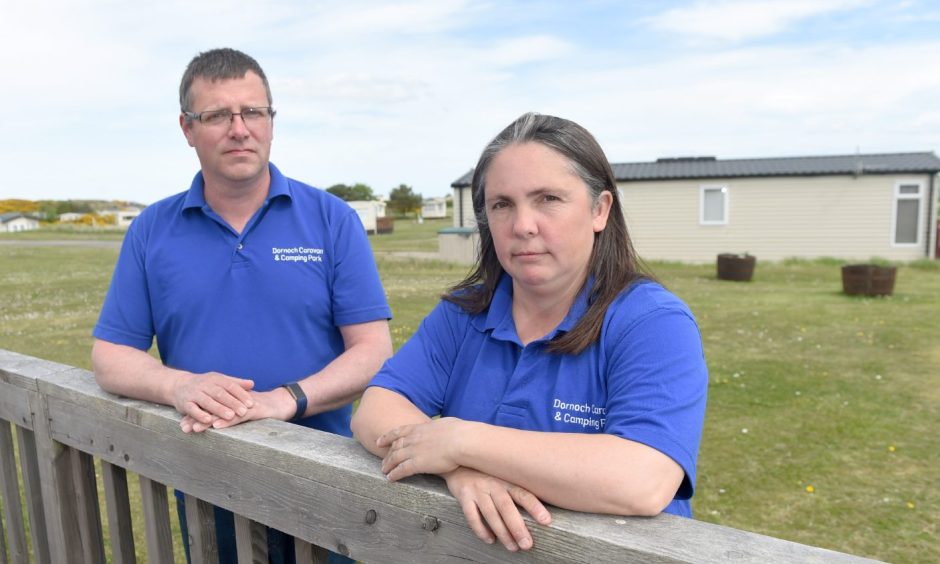
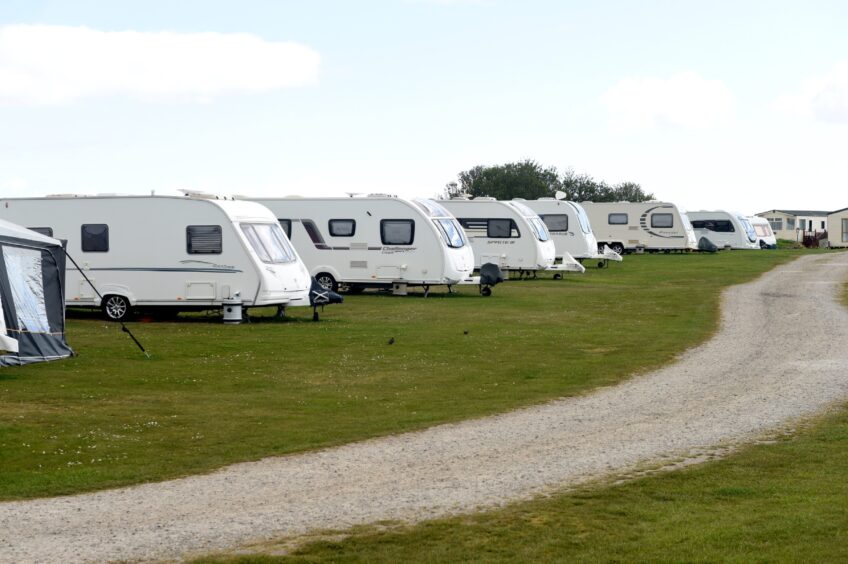
Conversation